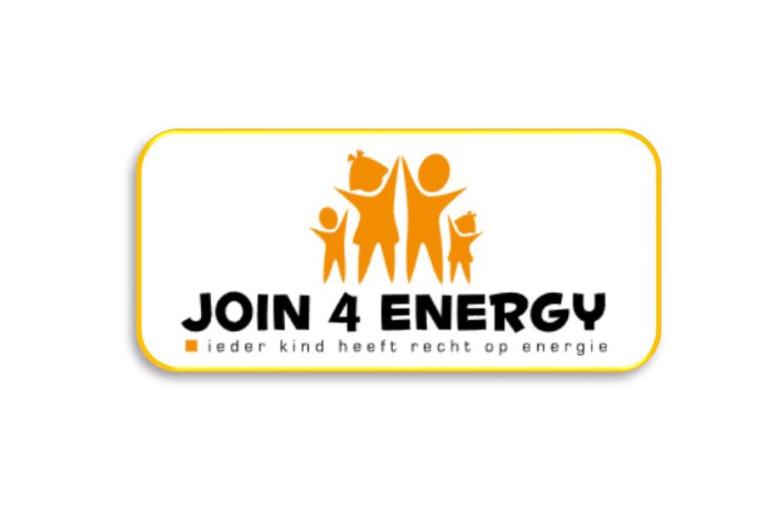Herco Fonteijn obtains Comenius Leadership Fellow 2019 grant.
The commission that rules over the grant distribution states that “the proposed project has the goal to systematically enhance global citizenship and social engagement”. They also say that they are convinced of the knowledge and skills of the applicant and his diverse project team. €1.500.000 euro has been divided between 6 applicants, of which Fonteijn is one.
Fonteijn’s project: Global Citizenship
Policy makers agree that higher education graduates need to be global citizens (i.e. develop global literacy and system thinking skills, be socially and civically responsible and develop competencies to engage with local, regional, national and global stakeholders). Higher education institutions try to accommodate by applying approaches and techniques to develop aspects of global citizenship. Still, UNESCO signals that “... there is no clear understanding how these [pedagogical approaches and techniques] can complement one another in a holistic manner, involving key stakeholders”. Students often feel they miss opportunities to engage with external stakeholders, and to apply knowledge and skills they acquired in their curriculum. This project intends to boost global citizenship education and social engagement at Maastricht University through a holistic approach targeting students, teachers, the institution, and external stakeholders. The project prioritises:
- reflection on the nature of global citizenship and its contextualization, as well as internal communication of what it is and why it is desirable;
- integration of Global Citizenship Education in curricula by infusing novel elements that constructively align with (aspects of) global citizenship and by training teachers, further developing PBL in the process; and
- better support for and recognition of extracurricular activities that help students to develop Global Citizenship competencies, and aligning these with learning practices in the curriculum.
Synergy between these three pillars will enhance the likelihood of successful sustainable implementation of global citizenship education. Design sprints will help to identify guidelines for project outputs.
Also read
-
Join 4 Energy Donates €50,000 for Muscle Stem Cell Therapy Research
Prof. Dr. Bert Smeets and his team has received a €50,000 donation from Join4Energy to advance their pioneering research using mesoangioblasts derived from the patient’s own body.
-
Looking back on a great NUTRIM Symposium
Congratulations to the NUTRIM Poster Award winners 2025 Roxanne Eurlings and Irene Gosselink and Thesis award winner Bas van Hooren
-
Every breath you take: the impact of micro- and nanoplastics on lung health.
Irene Gosselink, PhD from the NUTRIM department Pharmacology & Toxicology researches the impact of micro- and nanoplastics on our respiratory system.